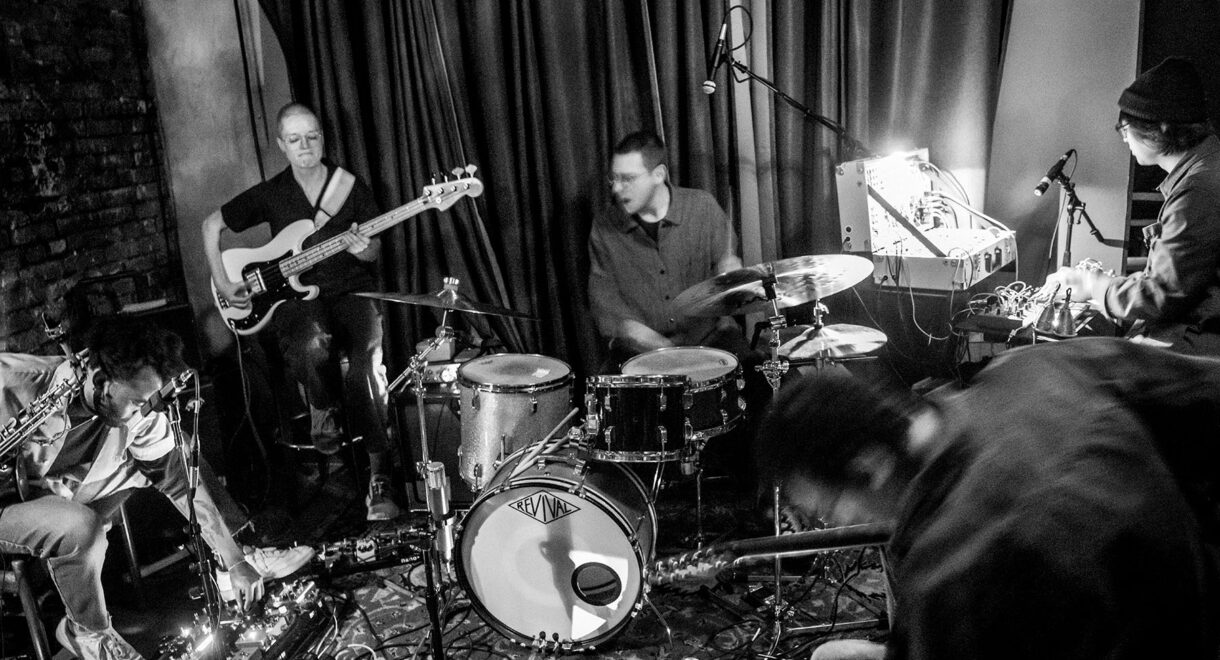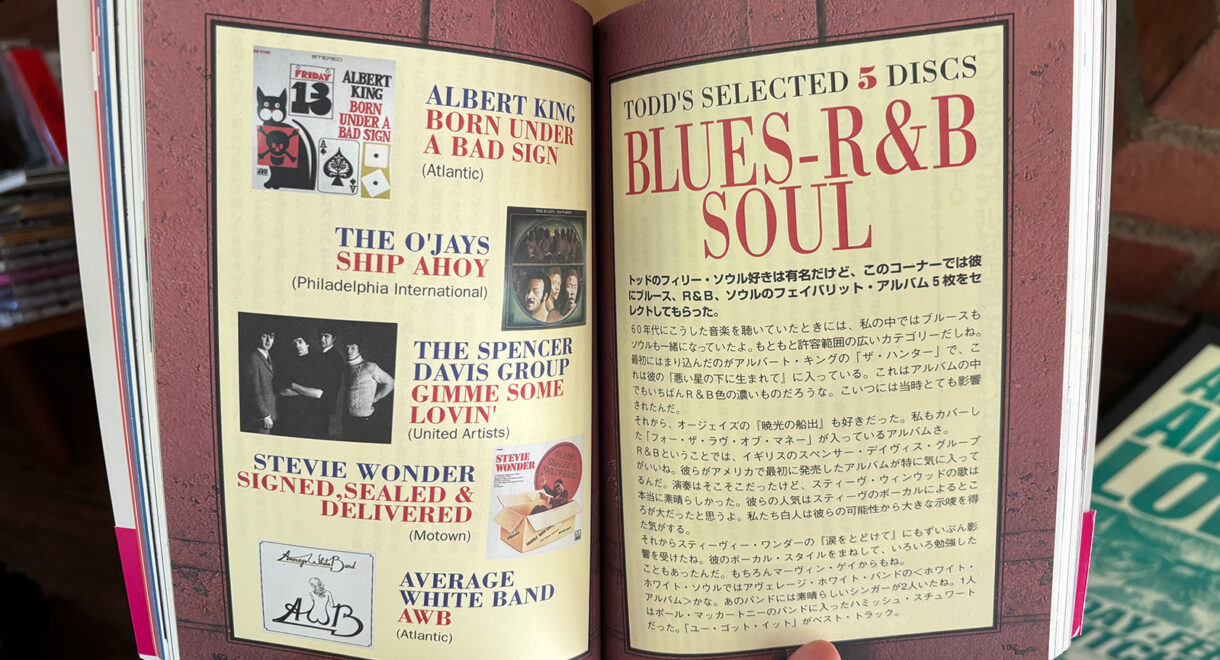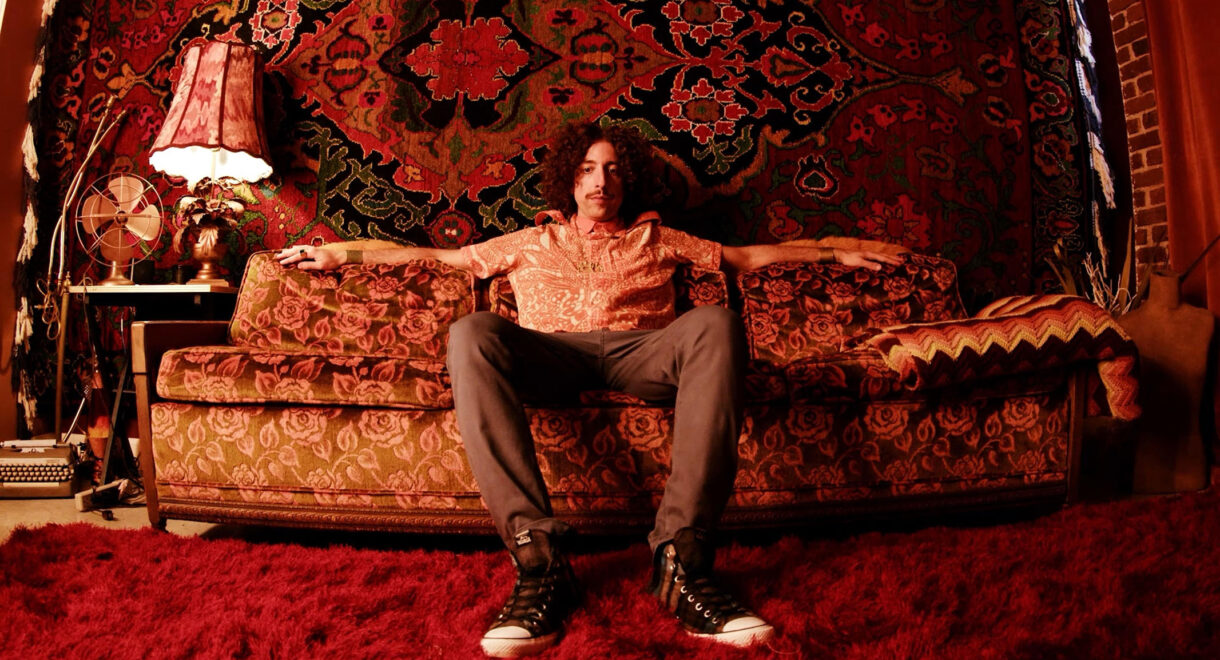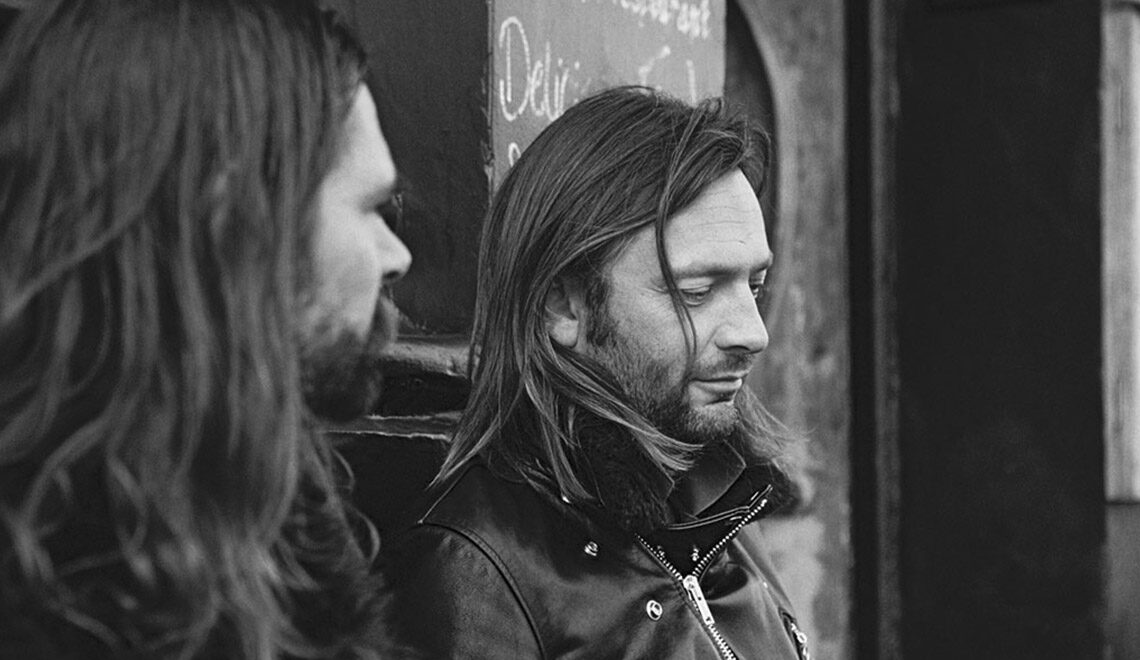In conversation with Small Medium Large, a new quintet from the burgeoning new West Coast jazz & improvised music scene. In 2018, LA-based jazz and post-rock guitarist Jeff […]
Don Cherry Appreciation Post: Watch a Documentary and a Bunch of Astounding Live Sets

The Oklahoma City-born, Los Angeles-raised horn player Don Cherry has been consuming a lot of research and turntable time over the past few months, at least in this particular satellite ISC listening room. An artist who worked with genius instrumentalists including Ornette Coleman, John Coltrane, Sonny Rollins, Albert Ayler, Charlie Haden, Nana Vasconcelos, Ed Blackwell, the Watts Prophets, James Blood Ulmer and dozens more, Cherry came up in the thriving LA jazz scene, and was educated at a young age through formative interactions with trumpeter Clifford Brown, saxophonist Eric Dolphy and drummer Max Roach.
After establishing himself with experts including Coleman and Coltrane, Cherry developed ideas about music that would drive him toward the kind of collaborations the leapt borders.
“Well, one thing is that it’s actually not my music, because it’s a combination of different experiences different cultures and different composers that involves the music that we play together alone,” Cherry says to open a 1978 Swedish TV documentary on him. A beautifully shot and recorded hour-long film, it travels from OKC to Long Island City to Sweden and features killer street performances and improvisations. (See below.)
The thing about Cherry is that the more you dig, the more you realize the profound breadth and depth of his work. Across his amazing creative life, he worked with jazz masters, yes, but he also actively straddled and embraced sounds from across musical and geographical realms. Cherry’s discography includes recordings with Terry Riley, Lou Reed, Krzysztof Penderecki, Ian Dury, Fela Kuti, La Monte Young’s Theater of Eternal Music (Dream Syndicate), step-daughter Neneh Cherry and director Alejandro Jordorowsky.
That’s correct: Cherry worked with Jordorowsky on the soundtrack to The Holy Mountain, which, if you’ve never heard, should be in this week’s listening queue. Take “Pissed and Passed Out,” for example.
“I myself, man, I don’t believe in—I don’t think of competition in music, you know. I don’t think of something being better or worse, it’s just different,” Cherry said in that hour-long documentary. “And I think that this kind of thing brings a certain ego that is keeping a lot of … musicians from coming together, you know?”
The musician, who died in 1995, embraced collaboration and rejected ego-driven ideas on music and he derided artists who were going “out there” for thoughtless, competitive reasons. “Everyone wants to feel that they’re doing something different than everyone else is doing, and everyone wants to be an innovator. And all the innovators that I’ve known in my life — John Coltrane, Albert Ayler, Ornette, and many others, Eric Dolphy — they all were playing their music and trying to develop in music. It wasn’t to try to be an innovator. It so happens they were innovators, but they weren’t intentionally trying to be innovative.”
For example, at the 1973 Jazz Jamboree in Warsaw, Poland, Cherry gathered a group that mixed eastern and western instruments: Dodou Gouriand (soprano sax); Christer Bothén (doussn’guni, tenor sax); Bobo Stensson (piano); Jane Robertson (cello); Palle Danielsson (bass) Bengt Berger (drums, tabla); Moki Cherry (tamboura). (That’s Moki and Don’s son Eagle-Eye Cherry front and center.) Incredibly innovative, Cherry’s skill was in finding musicians of similar artistic temperaments but wildly divergent experiences.
Below: Cherry live at the Empire Theatre in Paris, 1979 with musicians he met playing with Lou Reed’s band while they were making Reed’s album The Bells: Marty Fogle (soprano and tenor sax, flute), David Torn (electric guitar), Bruce Yaw (bass) and Trilok Gurtu (tabla, drums, percussion).
Seven years later, a crew captured an astounding set from 1986 that occurred at the Palacio de los Deportes de San Sebastián in the Basque region of Northern Spain. Cherry loved percussion, and this band featured two legendary players working side by side: Ed BlackweIl and Nana Vasconcelos. Also playing: Cherry on pocket trumpet and the Malian stringed instrument the douss’n-gouni, Carlos Ward on flute and alto sax and Mark Helias on bass.
It Is Not My Music is the documentary mentioned above. Produced and directed by Urban Lasson, according to notes it captures “Don and Moki Cherry and others who lived with them in the school house in Tågarp, Skåne, Sweden, in the 1970s and onwards. It includes sequences from SoHo, New York, and Moki Cherry’s textiles on the walls in Hästveda and Long Island City … with Rashied Ali, James Blood Ulmer, Nana Vasconcelos, Denis Charles, Huss Charles, etc.”










